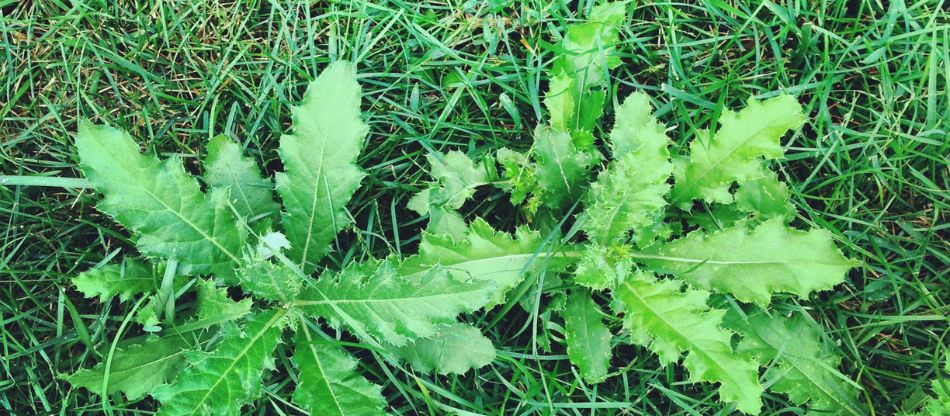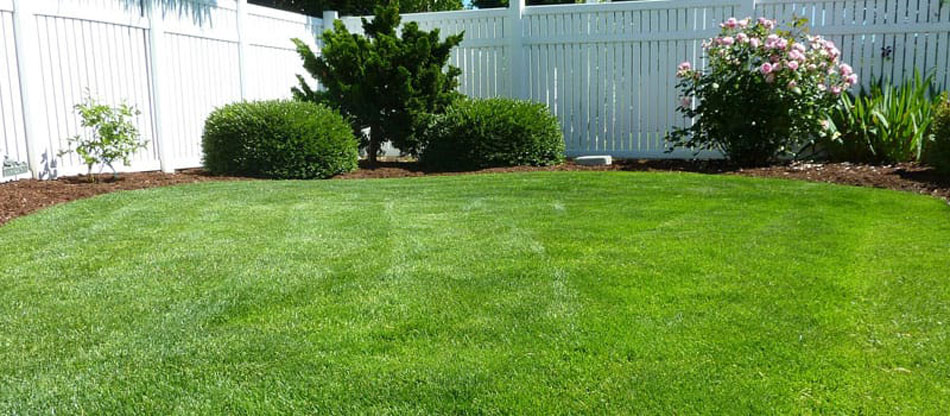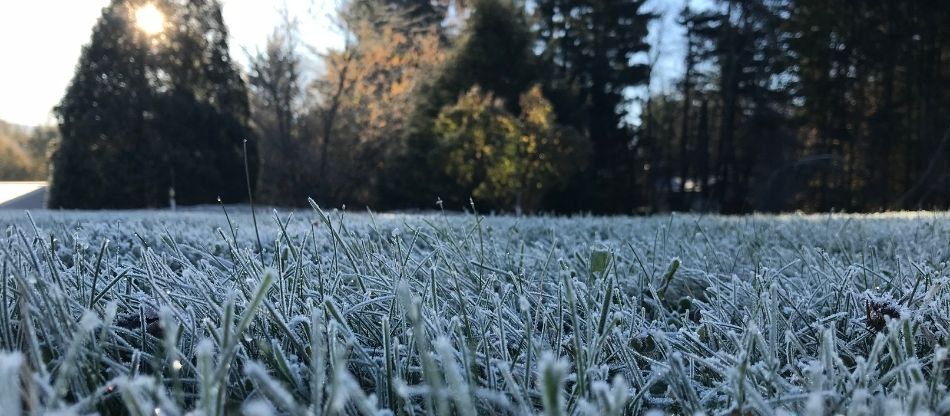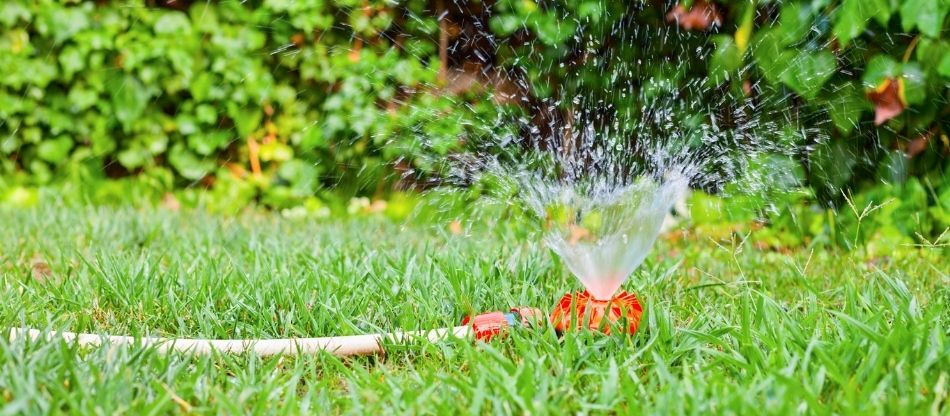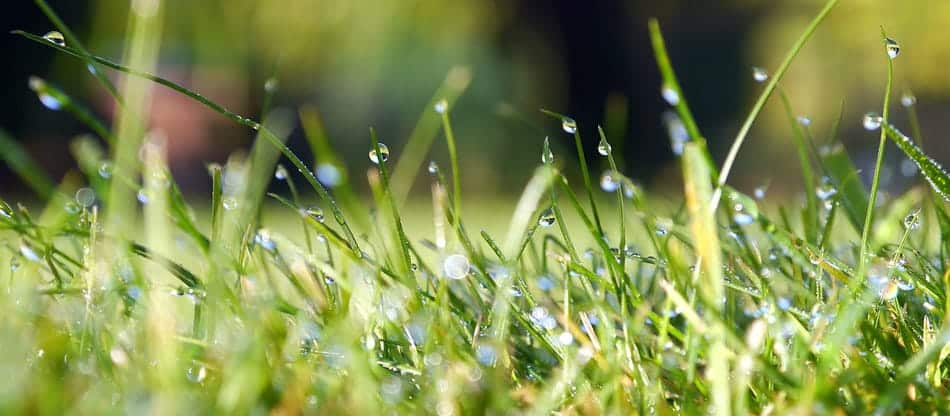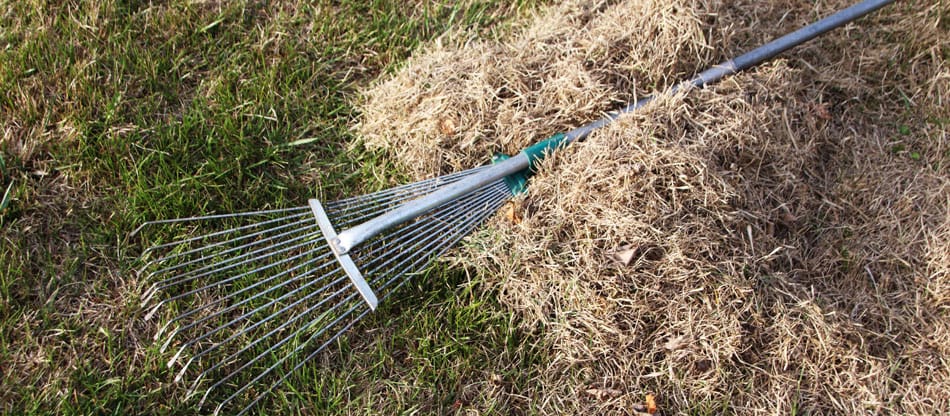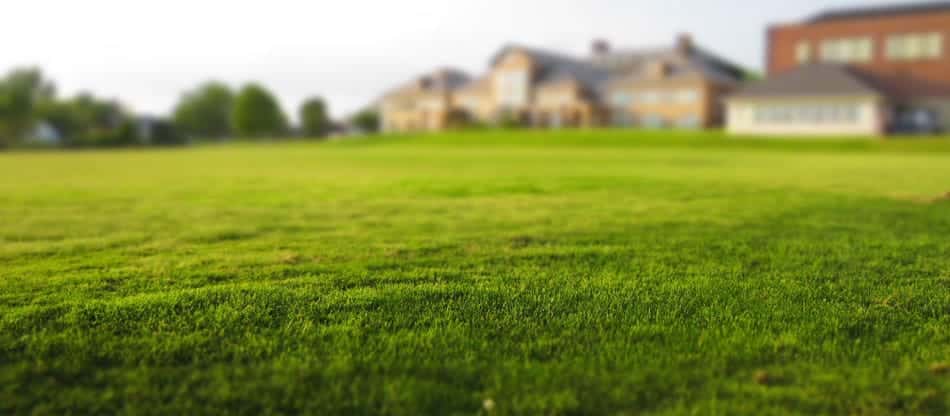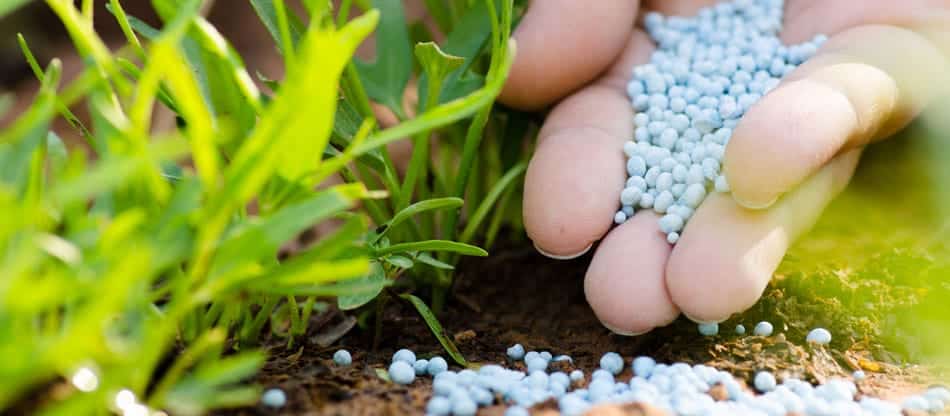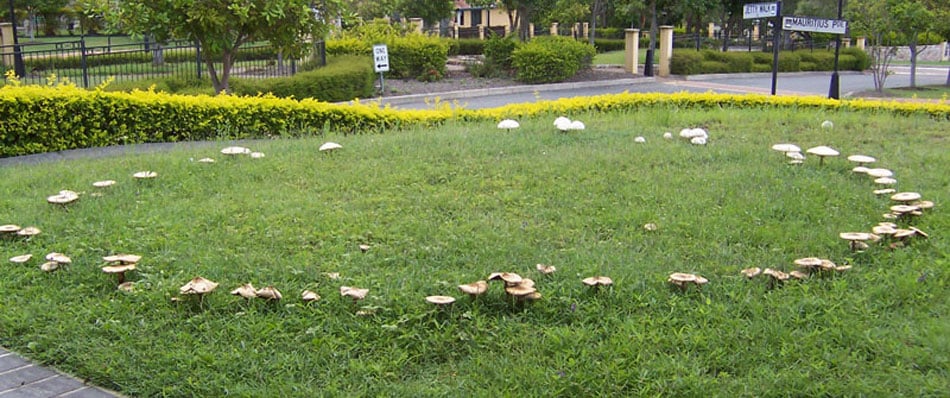Organic Lawn Care Tips
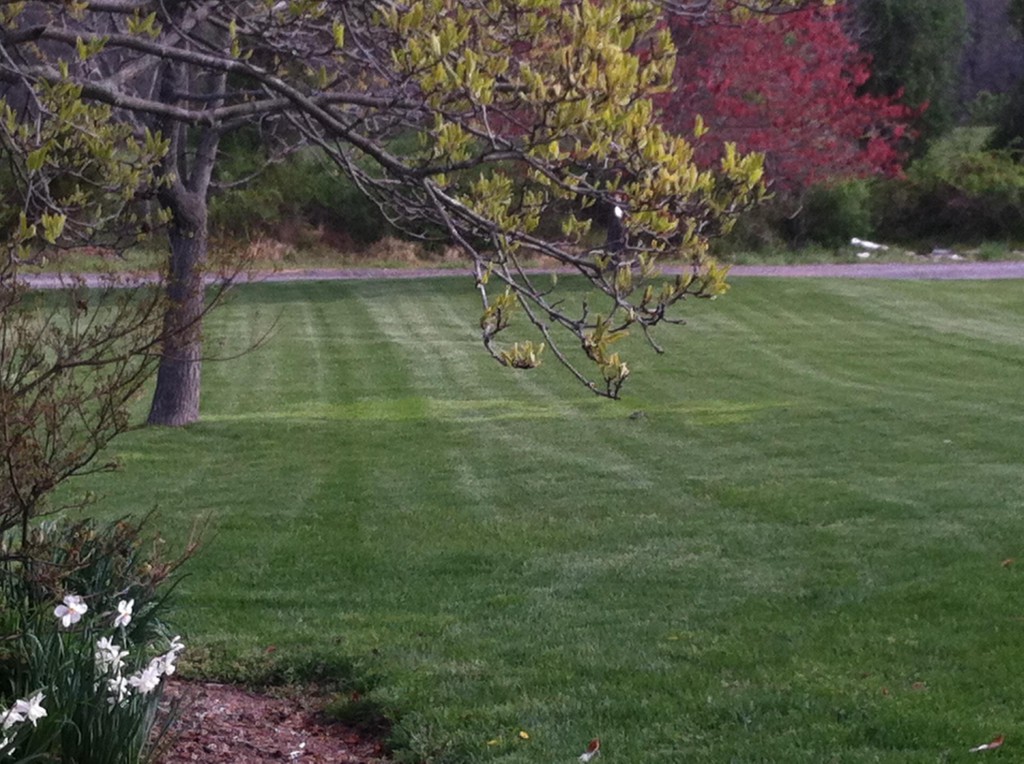
Thick, healthy, chemical-free organic lawn
Organic Plant Care LLC offers a variety of lawn care tips to have a thick, healthy, chemical-free organic lawn.
- Have a properly collected soil sample evaluated by a quality lab every couple years to help establish the ideal growing conditions for healthy turf.
- Use organic fertilizers that are “slow-release” and feed the lawn as well as the soil. These materials feed your lawn over a longer period of time and, as such, are less apt to leach from the soil and end up running off into the watershed.
- Time lawn treatments correctly. Even a healthy lawn needs a wake up call in spring but be sure to apply organic fertilizer at the right time. You’ll also need a couple more treatments over the growing season.
- Aerate and over-seed your lawn every couple of years in the fall with quality grass seed adapted for your region to allow air, nutrients and water to penetrate into the root zone.
- Cut at lawn at 3½ to 4″ to help shade the soil and reduce weed seeds’ access to sunlight to germinate. Cutting higher also encourages a deeper root system, along with watering slowly and deeply (4-6″ down should be moist) once or twice a week during dry periods versus frequent, shallow watering. Watering in the morning prevents disease.
- Cut no more than 1/3 of the grass blade when mowing to avoid scalping and stress.
- Keep mower blades sharp to minimize shredding and entry points for turf diseases.
- Adopt good watering practices. Lawns need about an inch of water per week and is best supplied via one or two long slow sessions instead of daily sips. Watering more deeply encourages grass to develop a deeper root system which helps your lawn tolerate drought periods better. For more on good watering practices visit: http://www.organiclandcare.net/green-room/olc-articles/lawns-good-watering-practices
- Add organic matter to your lawn by leaving your grass cuttings and occasionally adding no more than ½” of compost. Short grass clippings will not build up thatch, but rather will be food for earthworms, who will in turn convert them into rich fertilizer and help aerate your soil reducing compaction.
- Attract and preserve insects, pollinators and birds. Most insects are beneficial — in fact, only about 2 % are usually pests. In tolerable numbers, they serve as food to lure beneficial insects, birds and other predators into your landscape.
- Avoid chemical fertilizers and pesticides which kill soil microbes, ruin soil structure and repel earthworms.
- Learn to recognize weeds and why they are there. Weeds are indicators of soil conditions. Correct those conditions and the weeds often disappear.
- Clover is your ally. It’s drought tolerant, stays green, is a food source for pollinators and fixes nitrogen from the air into the soil, reducing some of the external nitrogen inputs that grasses need. Learn more here >>
Request a Free Quote
Click to get started with your organic lawn care program.
Lawn Care Services
Lawn Care Resources
You've got questions, we've got answers! Check out our blog posts on common lawn-related issues.

